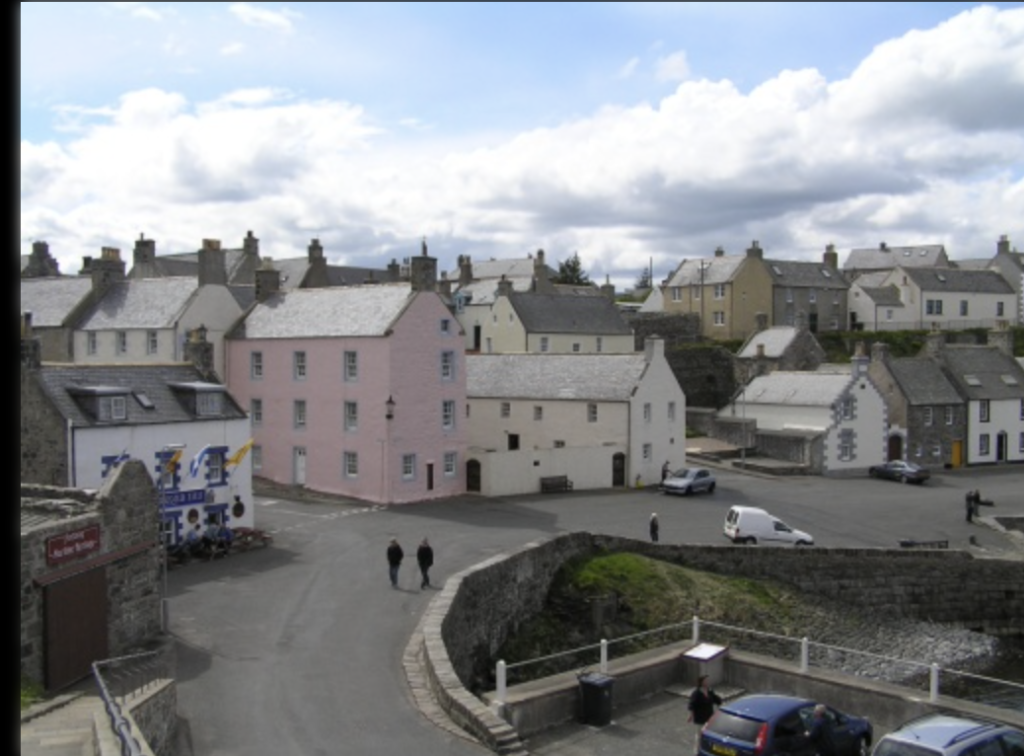COWIE and Cant Connections Aberdeen
COWIE Village, Kincardineshire, East Scotland.
There was a Village called Cowie in Aberdeenshire. Cowie is an historic fishing village in Kincardineshire, Scotland. This village has existed since the Middle Ages, but in current times it is effectively subsumed into the town of Stonehaven
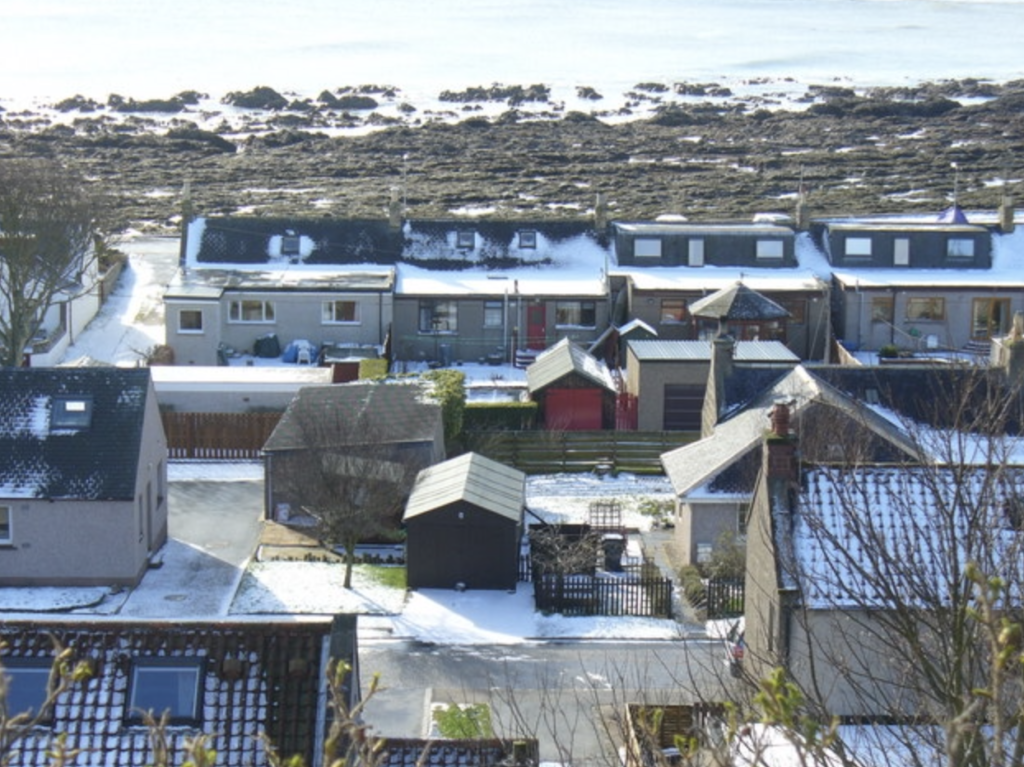
The chronicles of Scottish history reveal that the first people to use the name Cowie were the Strathclyde- Britons.
It was a name for a tender of cattle.
The name is an adaptation of the Old English word cuhyrde, of the same meaning.
It derives from the roots, cu, meaning cow, and hierde, meaning herdsman.
The family were “mainly from the ancient barony of Cowie in Kincardineshire.”
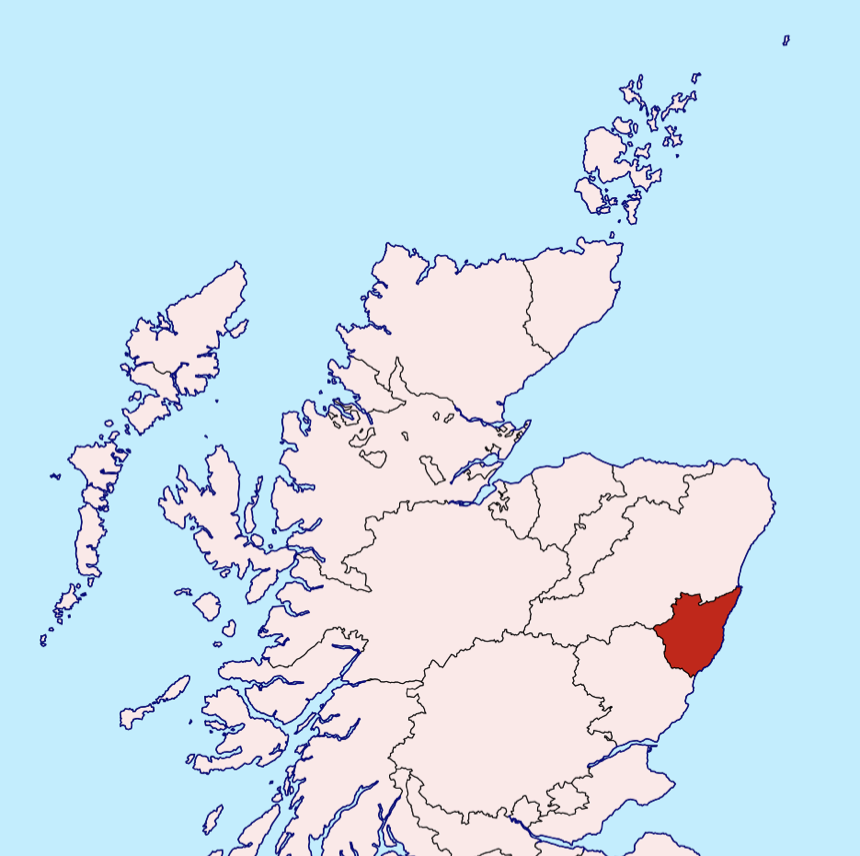
Early Origins of the Cowie family
The surname Cowie was first found in Kincardineshire (Gaelic: A’ Mhaoirne), a former county on the northeast coast of the Grampian region of Scotland, and part of the Aberdeenshire Council Area since 1996.
Cowie is a small village “situated at the mouth of the river Cowie, which falls into a bay of that name, forming a small and commodious harbour.”
Cowie Castle is a ruined fortress nearby and is thought to have been the site of a royal hunting lodge in the Middle Ages.
Cowie Chapel also known as the Chapel of St. Mary and St. Nathalan is a ruined chapel but is one of the oldest surviving structures in Kincardineshire.
One of the first records of the family was Herbert de Cowy who witnessed a charter by Nicholas de Dumfres in 1394. Years later, John Cowy was admitted burgess of Aberdeen in 1505.
MORRISON and COWIE Alliance
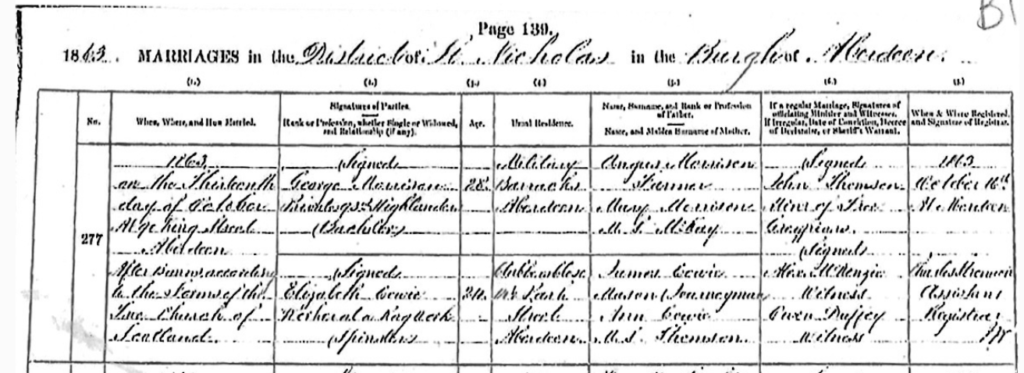
She was age 24 so born in 1839.
The address given was 90 King Street, Aberdeen, and according to the Free Church of Scotland
George was in the 93rd Highlanders and lived in the Military Barracks in Aberdeen. Her address looks like 146 Perth Street, Aberdeen. George was a soldier in the 93rd Highlanders, and this work took them to India where two of their children were born.
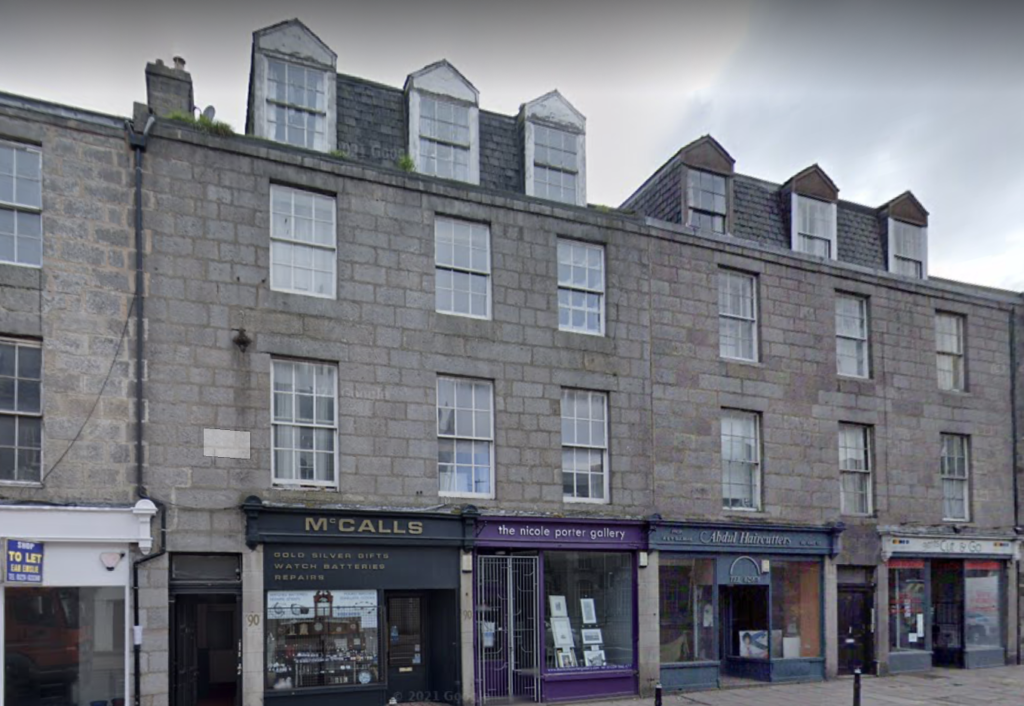
COWIE Residences
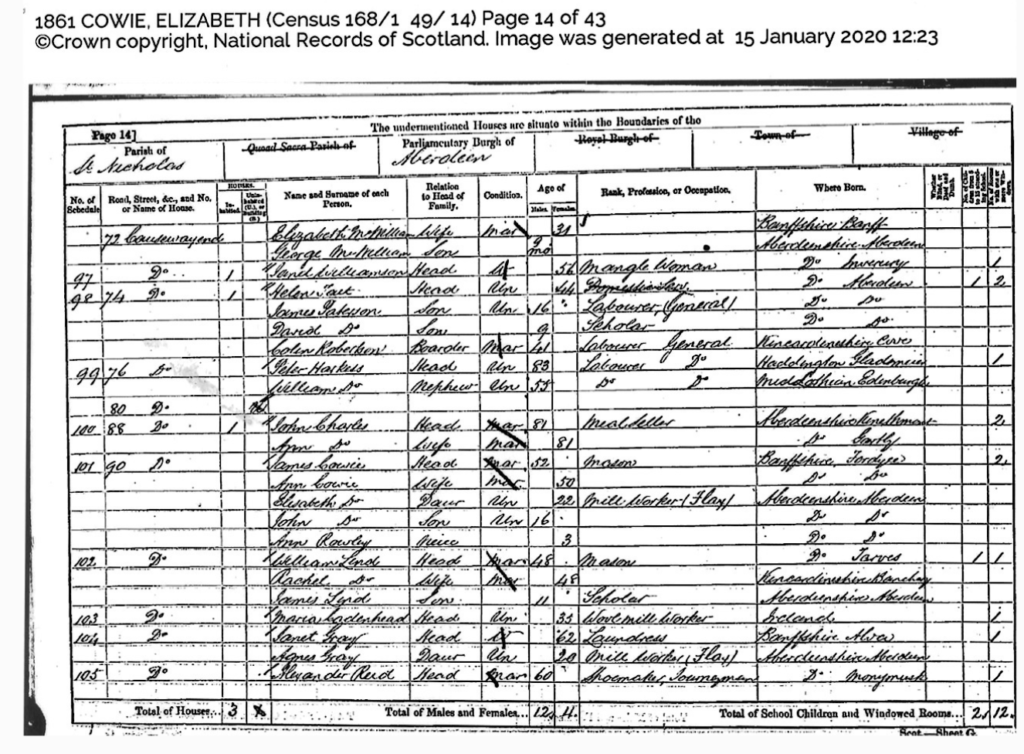
With her her father James age 52 born 1809 and we was a Mason who had been born in Fordyce in Banffshire.
Her mother Ann Elizabeth Thomson who was also born in Fordyce in Banffshire. Her. brother John who was 16 and her cousin Ann Rowley. they all worked in the Mills.
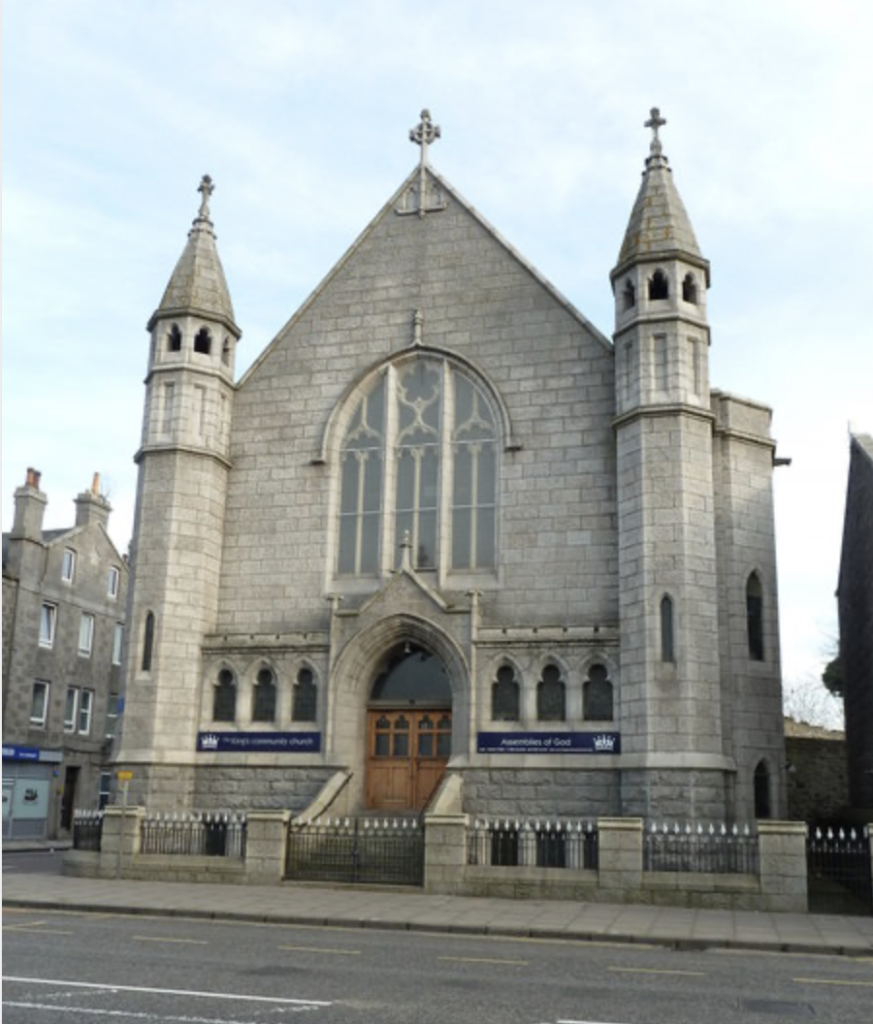
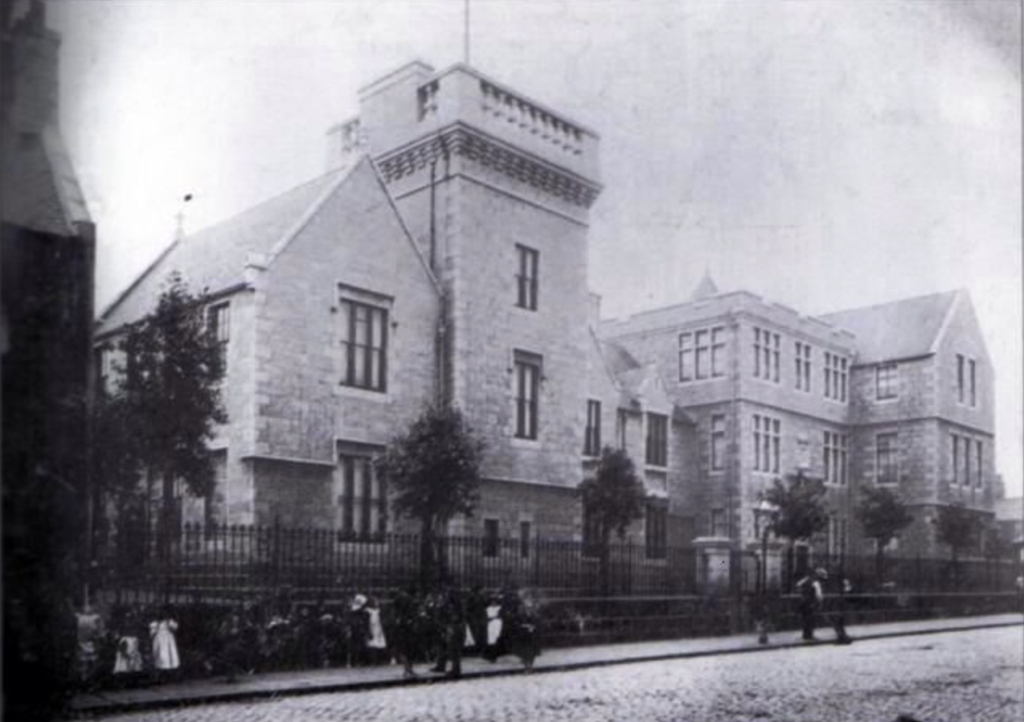
There were different types of mills in Aberdeen at this time, the Cotton Mills and also the Mills producing Carpets. Others produced stockings. Others Knitwear. . http://mcjazz.f2s.com/Textiles.htm. But the 1851 Scottish Census tells us that the family were residing at No. 2 Porthill, Aberdeen.
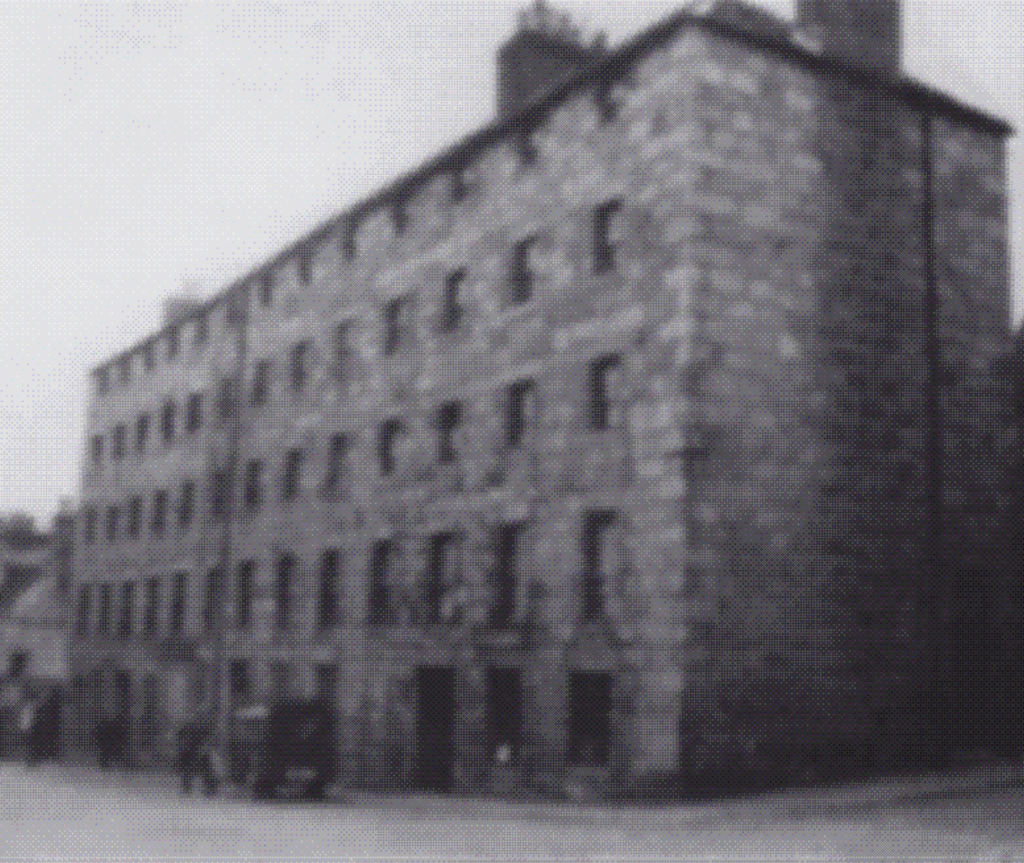
http://From the mid-18th century until as recently as 1960, this site was occupied by the huge Porthill Factory, originally manufacturing linen thread and cloth. The name, but nothing else, continues in the blocks of flats known as Porthill Court, opposite Aberdeen College.
ARMY LIFE
By 1871 the family had moved to Perth Barracks after a stint in India. Their daughter Marion had been born at Sea on the way over in 1864. Their son Alexander born in Thansi in the East Indies in 1869.
Perth Barracks were also called the Queens Barracks.
The barracks were established in the north west of the city as a home for cavalry regiments in 1793.[1] It became the home to the 2nd Dragoon Guards (Queen’s Bays) and it was from this regiment that the barracks derived its name.The barracks were subsequently converted to take infantry regiments.[1]
In 1873 a system of recruiting areas based on counties was instituted under the Cardwell Reforms and the barracks became the depot for the 42nd (Royal Highland) Regiment of Foot and the 79th (Cameron Highlanders) Regiment of Foot. Following the Childers Reforms, the 42nd (Royal Highland) Regiment of Foot amalgamated with the 73rd (Perthshire) Regiment of Foot to form the Black Watch with its depot in the barracks
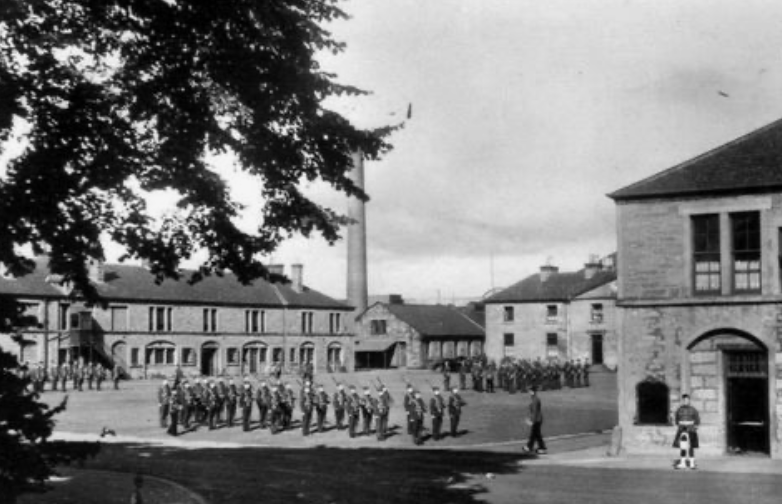
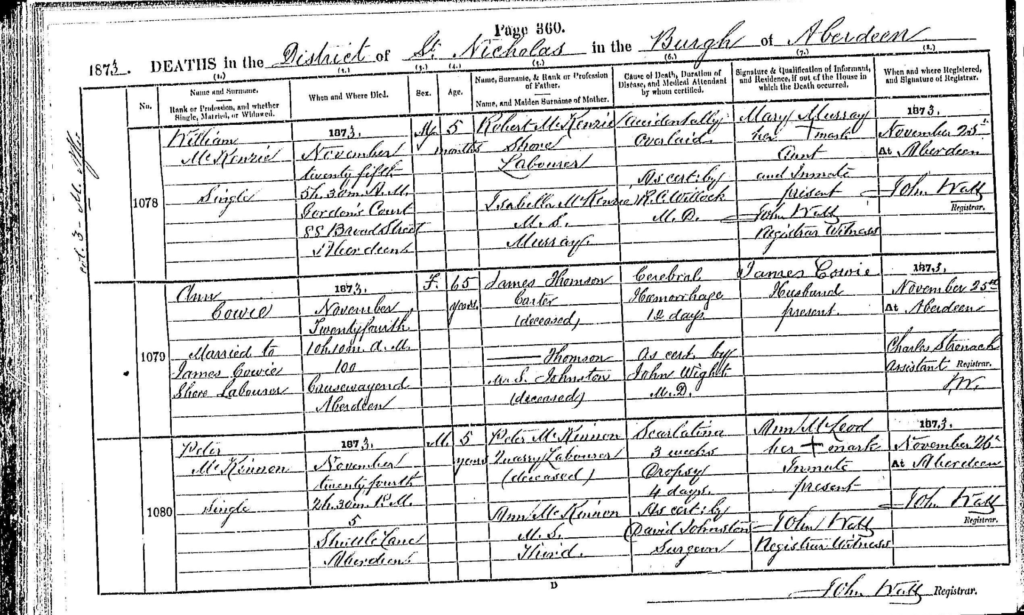
Her parents James Thomson, Carter and unknown Johnston.
This is a great document allowing us to go further back in time on the Thomson line
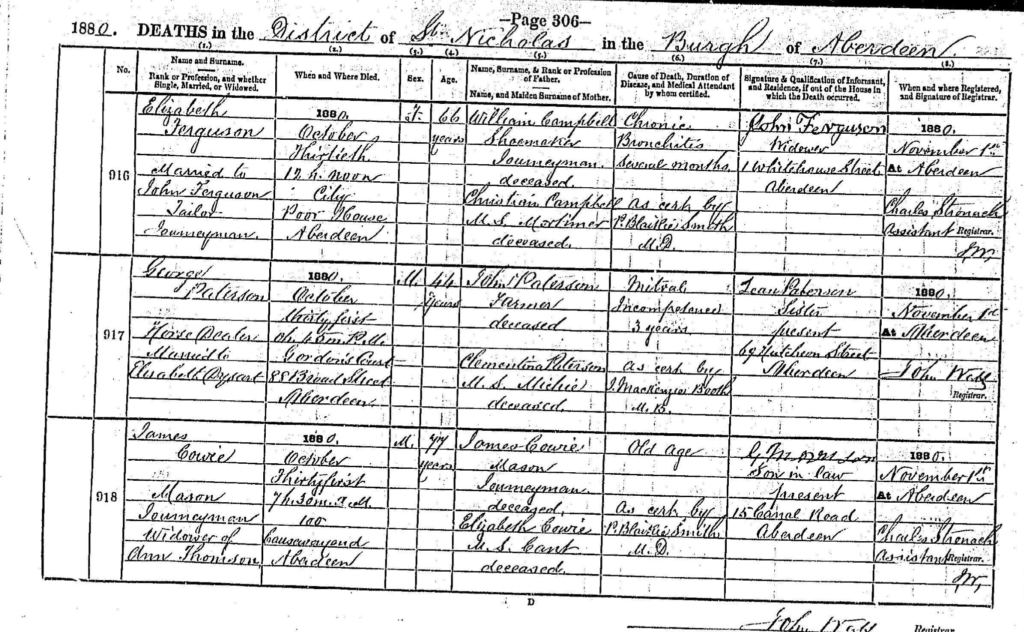
The CANT connection
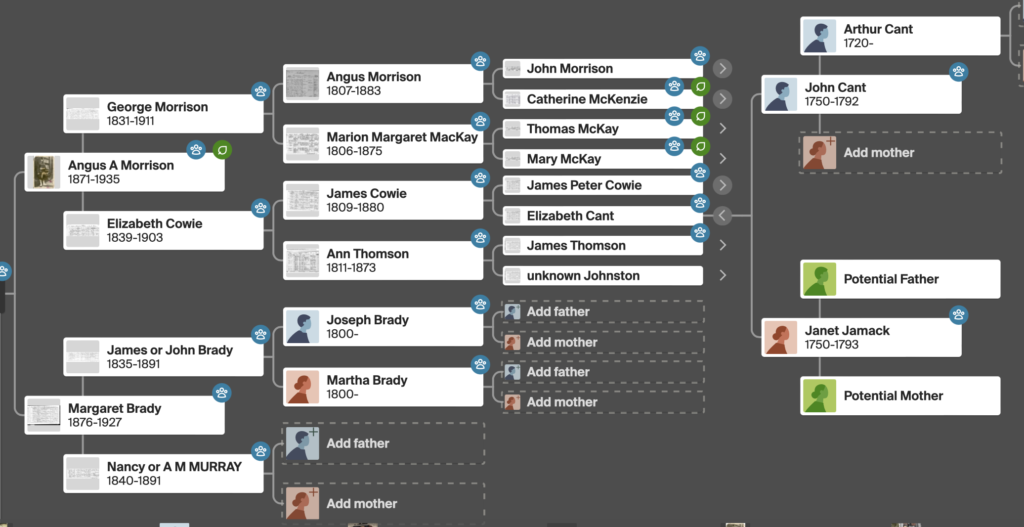
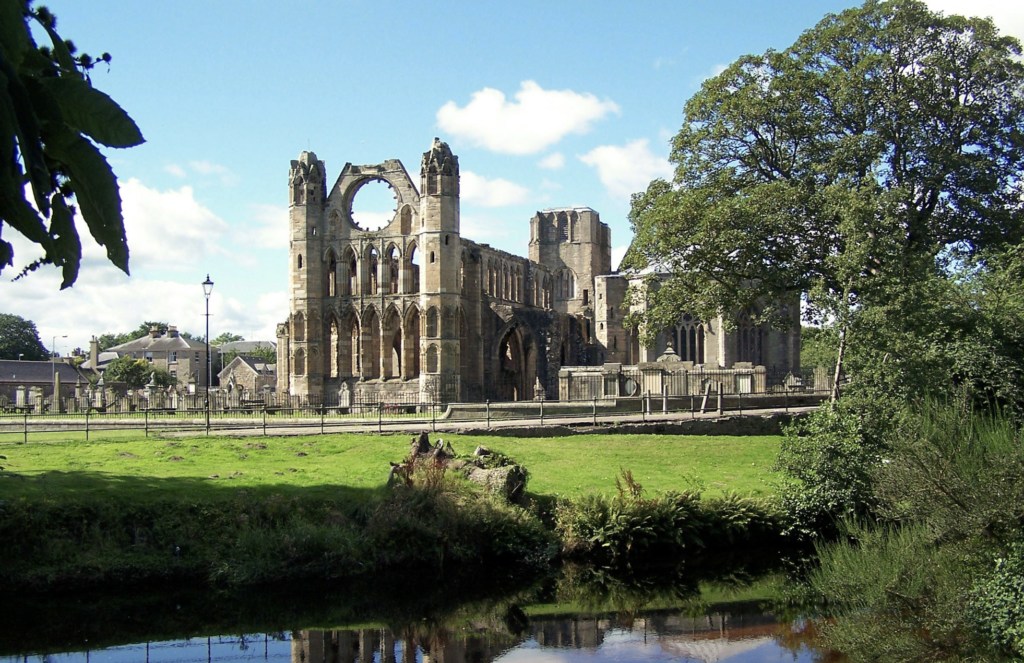
The surname Cant is an occupational name for a precentor, the leader of the singing of hymns in a cathedral or monastery. The surname is derived from the Old Norman French word cant, which in turn comes from the Old French word chant, which means singing or song.
The distinguished surname Cant emerged among the industrious people of Flanders, which was an important trading partner and political ally of Britain during the Middle Ages. As a result of the frequent commercial intercourse between the Flemish and English nations, many Flemish migrants settled in Britain. In early times, people were known by only a single name. However, as the population grew and people traveled further afield, it became increasingly necessary to assume an additional name to differentiate between bearers of the same personal name. Occupational surnames were derived from the common trades of the medieval era. The surname Cant is an occupational name for a precentor, the leader of the singing of hymns in a cathedral or monastery. The surname is derived from the Old Norman French word cant, which in turn comes from the Old French word chant, which means singing or song
Early Origins of the Cant family
The surname Cant was first found in Fife where they held a family seat from very ancient times, of Flemish origin and arrived in Scotland about the year 1200 from Flanders.
One of the earliest records of the family was William Cant and Sithow Cant who were tenants under the Douglases in Telny in the barony of Aberdoure, Fife, 1376.
“A writer in the Scottish antiquary (IV) says that the name occurs in the Exchequer Rolls in the fifteenth century, and that the family, by trade dealers in cloth, supplied the king’s household. They were evidently, he says, Flemings, and are mentioned in connection with Flanders. They obtained land at Masterton near Dunfermline, which their descendants of the name still possess. A family of the name early attained prominence in Edinburgh, where the name was common in the fifteenth and sixteenth centuries. Adam Cant was bailie there, 1403, and James Cant was chosen dean of guild, 1413.”
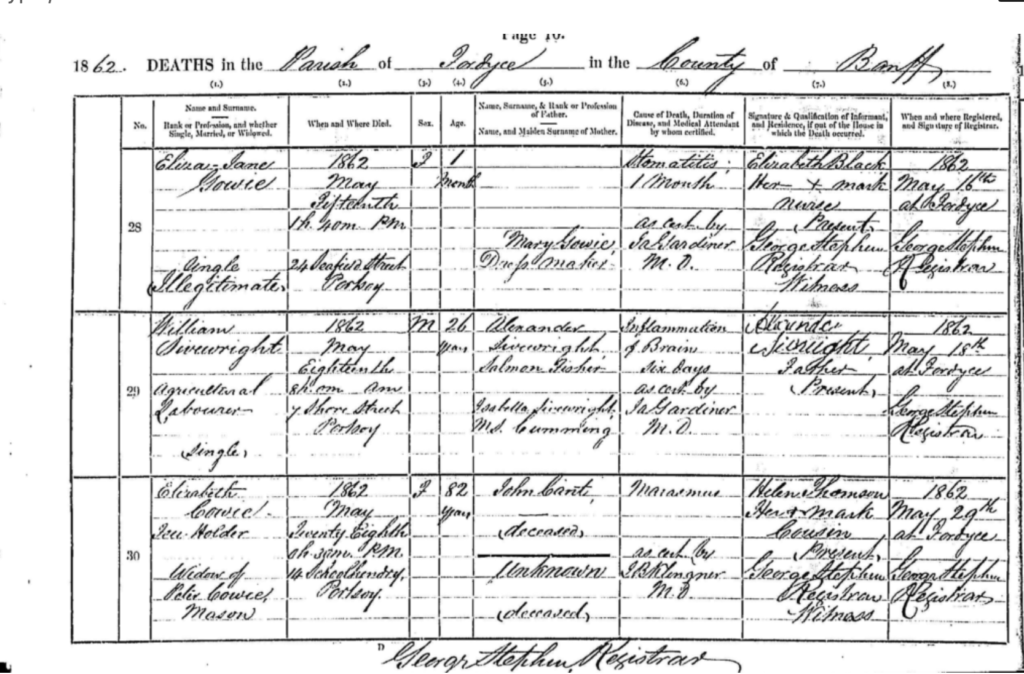
PORTSOY CONNECTIONS
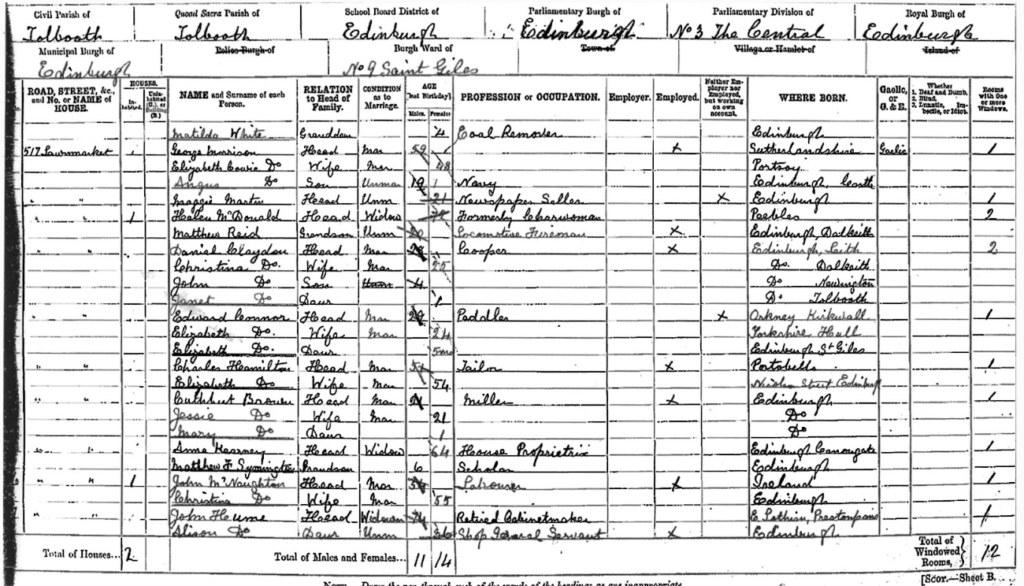
Portsoy is in Banffshire.
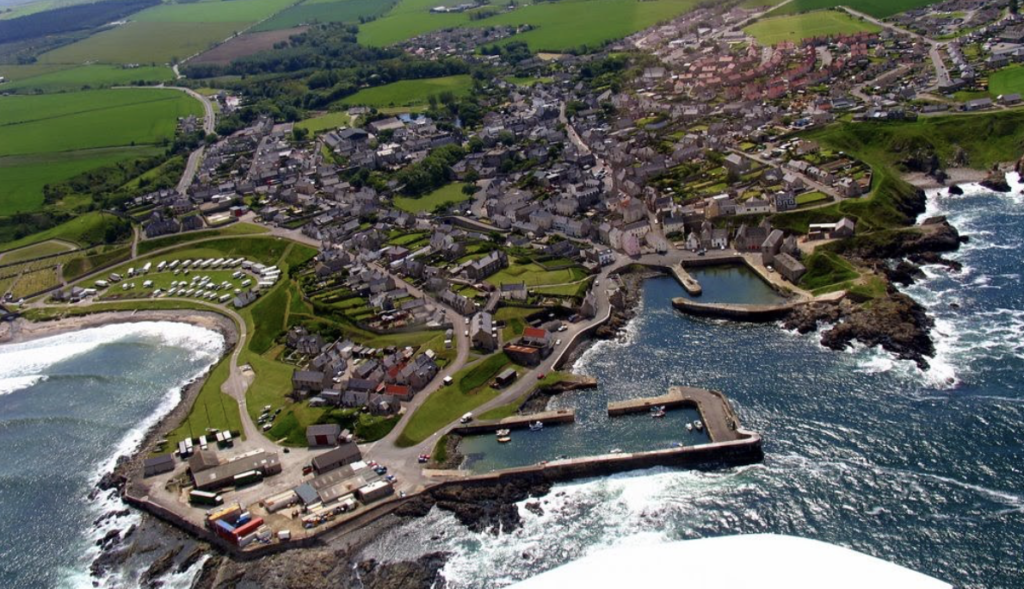
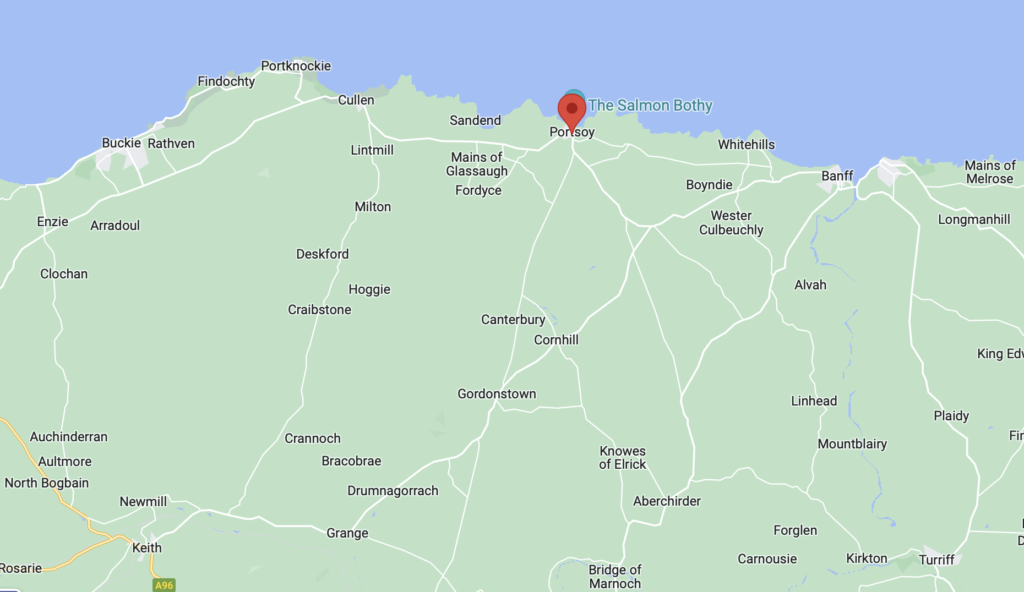
. Historically, Portsoy was in Banffshire.
The original name may come from Port Saoithe, meaning “saithe harbour”.
Portsoy is located on the Moray Firth coast of northeast Scotland, 50 miles northwest of Aberdeen and 65 miles east of Inverness. It is interesting to see the other connected villages of Buckie and Banff dotted along the same coast
